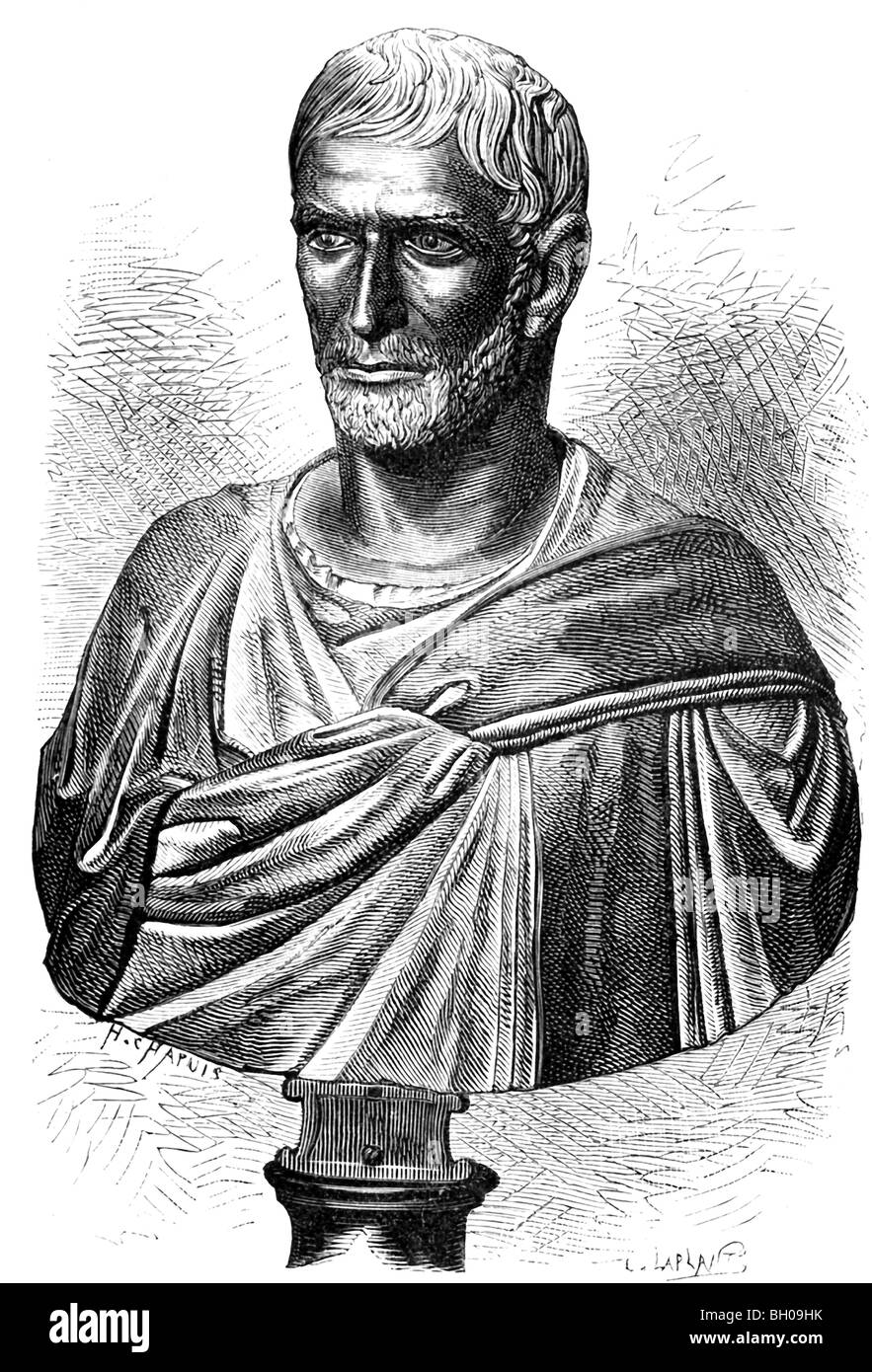
As Ovid tells it, he menaced: "Resistance is vain I'll rob you of honor and of life. When Tarquin saw that Lucretia valued chastity over life, he added to the threat: he would not only kill her but also a household slave, claiming to have discovered them engaged in illicit relations. She refused.īy this girl's blood-none more chaste till a tyrant wronged her-and by the gods, I swear that… never again will I let… any other man be King in Rome. Livy, more simply, says he "pleaded, threatened, used every weapon that might conquer a woman's heart," including a drawn sword. Dionysius of Halicarnassus, an ancient Greek historian, suggests that Tarquin offered her marriage and future joint rule over Rome. After the household was asleep, sneaking past the slaves at Lucretia's door, Tarquin entered her room and attempted to seduce her. He was also distantly related to Lucretia's husband, so that when he came back a few days later on a pretext, Lucretia offered him customary hospitality: dinner and a place to spend the night. Sextus Tarquinius (Tarquin), the eldest son of King Tarquinius Superbus, was next in line to inherit the crown in Rome. Her figure pleased him, and that snowy hue, that yellow hair, and artless grace pleasing, too, her words and voice and virtue incorruptible and the less hope he had, the hotter his desire." Livy, an ancient Roman historian, states: "It was at that fatal supper that Lucretia's beauty and proven chastity kindled in Sextus Tarquinius the flame of lust, and determined him to debauch her." Ovid elaborates: "The royal youth caught fire and fury and, transported by blind love, he raved.

She greeted her husband warmly, and he, pleased that his wife had vindicated him, extended hospitality to all his companions. Industriously occupied at this traditional womanly task, she was a perfect model of virtue. Lucretia, however, in the neighboring village of Collatia, was spinning wool late into the evening and supervising her maidservants in the same activity. On reaching Rome, they surprised many of the wives who were banqueting in luxury. Let us mount our horses and ride for the city!" The Roman poet Ovid recounts that the men further questioned, "What of the loyalty of the marriage bed? And are we as dear to our wives as they to us?" Lucretia's husband, Lucius Tarquinius Collatinus, finally offered a challenge: "No need of words! Trust deeds! The night is young. Each claimed that his own was the most virtuous. Legend has it that several young nobles, bored with the lack of military action, turned to comparing their wives. The stage for this story is set during a siege of a neighboring town, Ardea, led by Rome's Etruscan king, Tarquinius Superbus. There are several versions of her story from antiquity, varying in details, but all agree that Lucretia was raped by Sextus Tarquinius, the king's eldest son, and that her consequent plea for vengeance precipitated the revolt which followed. Lucretia appears in the ancient narratives as a paradigm of womanly virtue and as a catalyst for one of the most dramatic events in early Roman history: the expulsion of Etruscan kings and founding of the Roman Republic. Raped by Sextus Tarquinius, the king's son was a catalyst for the Roman overthrow of Etruscan kings and has been the subject of elaborate legend throughout Western history considered a fictional figure by some. 510 bce daughter of Spurius Lucretius Tricipitinus, a prefect of Rome married Lucius Tarquinius Collatinus, a first consul of Rome. Born in Rome date of birth unknown died in either Collatia or Rome, c.

Roman matron of historic and legendary fame whose rape, plea for vengeance, and consequent suicide led to the overthrow of kings in Rome and the establishment of the Roman Republic.


 0 kommentar(er)
0 kommentar(er)
